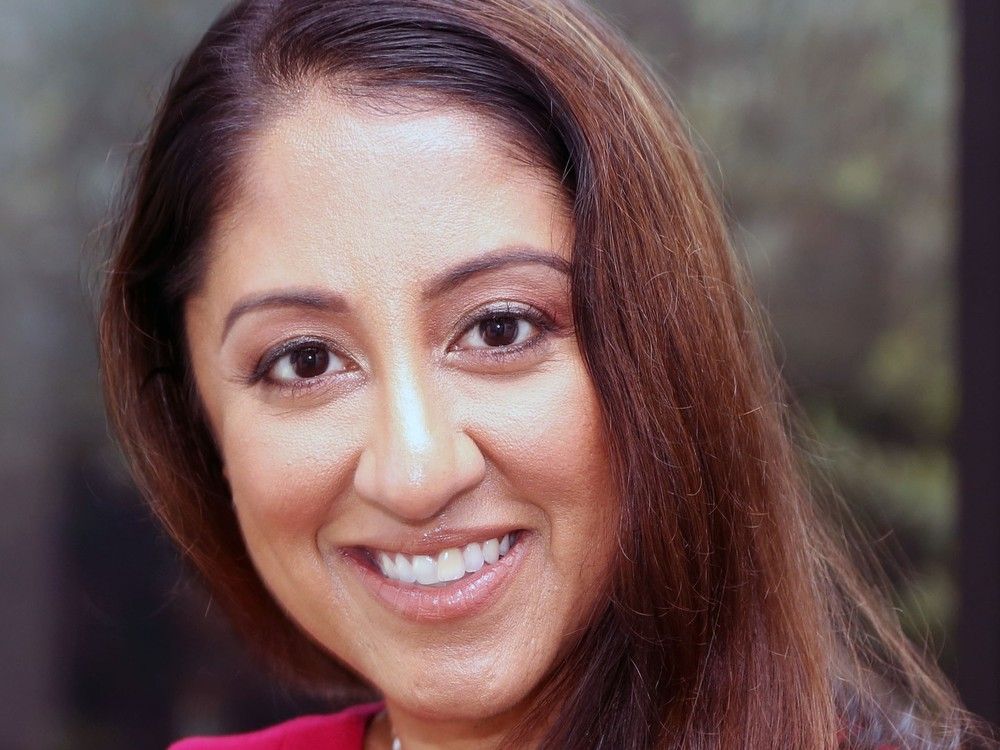
A top U.S. clinician-scientist with expertise in cancer detection, biomedical innovation, and global health will be the next new dean of medicine and vice-president, health, at the University of British Columbia.
Dr. Sharmila Anandasabapathy is known for her creative thinking and innovative, low-cost technologies, like the Emergency Smart Pod , a portable four-bed treatment unit about the size of a shipping container she helped develop to address an Ebola epidemic in West Africa.
The Pods, which can be quickly moved to remote and rural areas and adapted to address a variety of medical needs, are an example of the kind of “scalable technologies” that Anandasabapathy says are needed to address global and local health needs in a changing geo-political environment.
UBC announced Tuesday that Anandasabapathy’s five-year term begins Nov. 1.
Anandasabapathy said she’s particularly excited to plumb the depth of talent at UBC for interdisciplinary approaches to problem solving.
“I have a background in humanities and believe to address the biggest issues we have in health care, we need that kind of cross-disciplinary perspective so the depth and breadth of a university is extraordinary.”
Anandasabapathy is currently vice president and senior associate dean, global programs, and professor of medicine in gastroenterology, at Baylor College of Medicine in Houston.

She said challenges in health care in Canada are not so different from those in other countries.
Challenges include as aging population and increased burden of chronic disease, diabetes and neurodegenerative diseases, said Anandasapathy.
“This is something that needs to be addressed in Canada and worldwide.”
The effects of planetary and climate health, which can affect commuincable diseases and impact humans and animals, is another challenge.
“We need to be ready for the next epidemic,” said Anandasabapathy .
Anandasabapathy said she is looking forward to working with Canada’s immuno-engineering and biomanufacturing hub at UBC, which focusses on vaccine development.
“One trend we are seeing, which will affect the province and all of Canada, is patients wanting care in their communities, personalized at home, even on their cellphones. I think we need to rethink our models of care delivery and how we take scientific discovery and bring it to patients, rather than bringing patients to medical centres,” said Anandasabapathy.
“A lot of the future of care will be bringing care into the home,” said Anandasabapathy.
While research, education and clinical practice will be Anandasabapathy ‘s focus in her new role at UBC, she wants to translate the research into work in communities.
“The rubber has to hit the road,” she said. “We don’t want to keep the research in the ivory tower, we want to move it into communities.”
Anandasabapathy has worked in both public and private health systems, and said she is comfortable and looking forward to working with B.C. health authorities to expand and create new opportunities for care in communities throughout the province.
“That collaboration is going to be critical,” said Anandasabapathy.